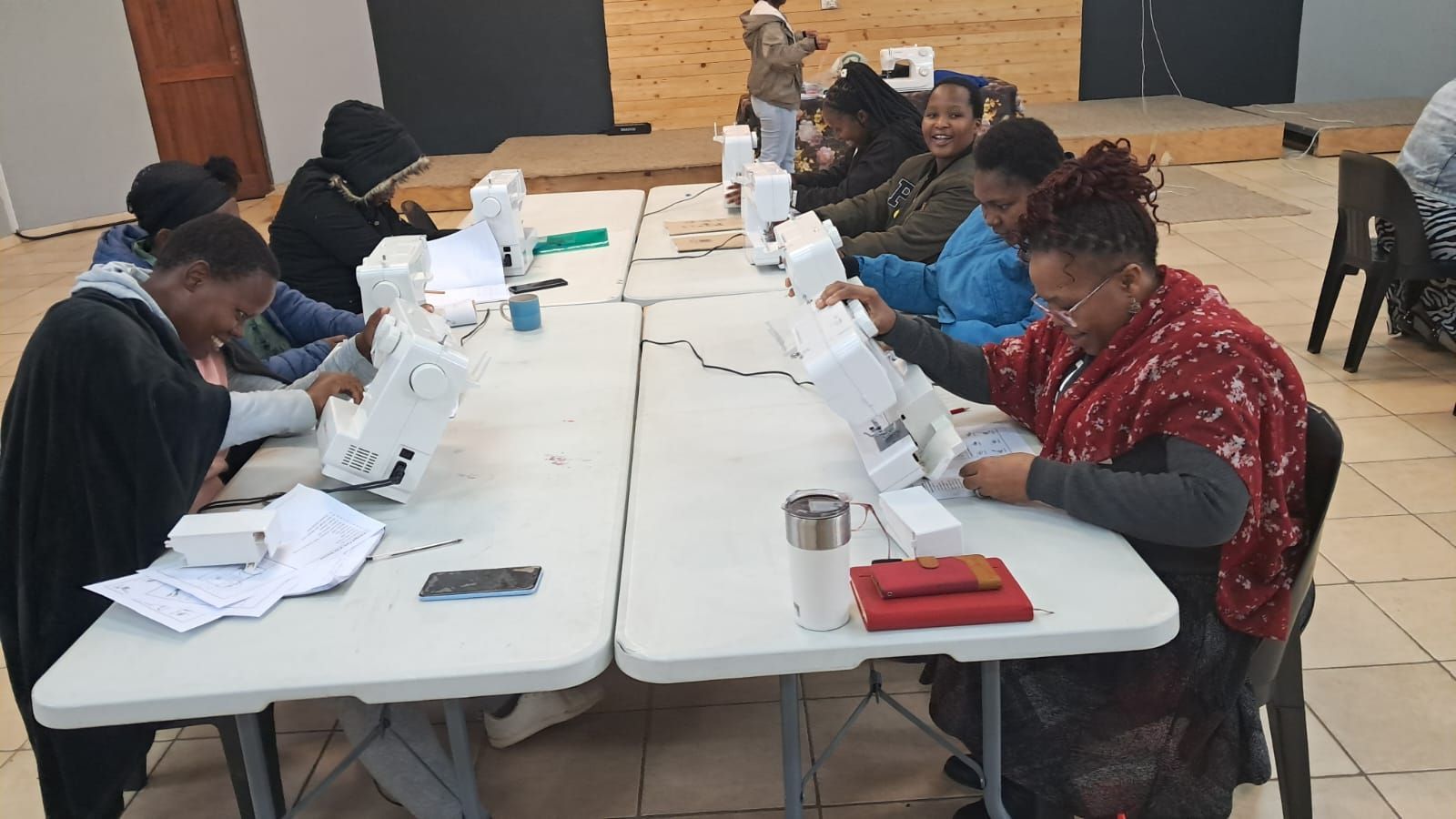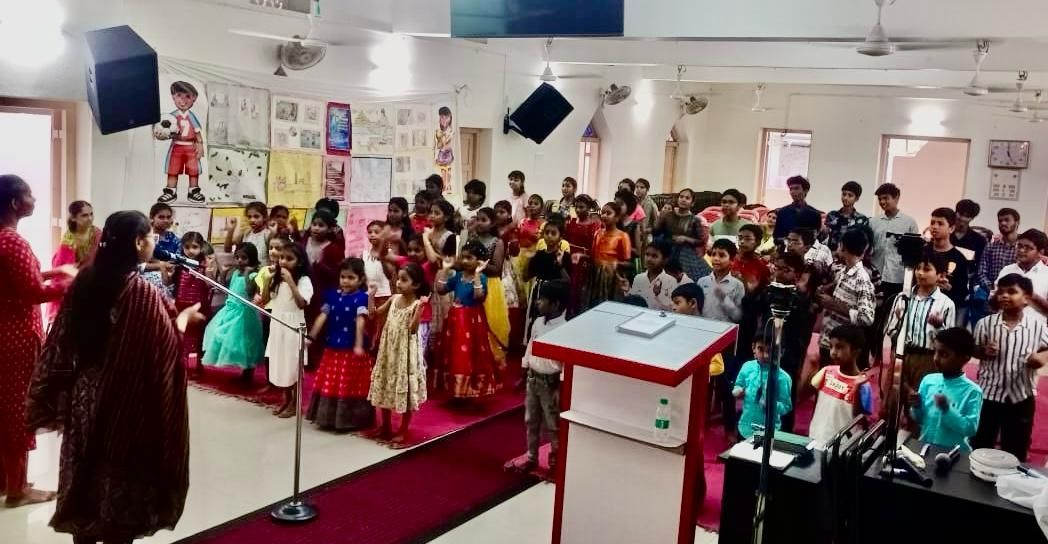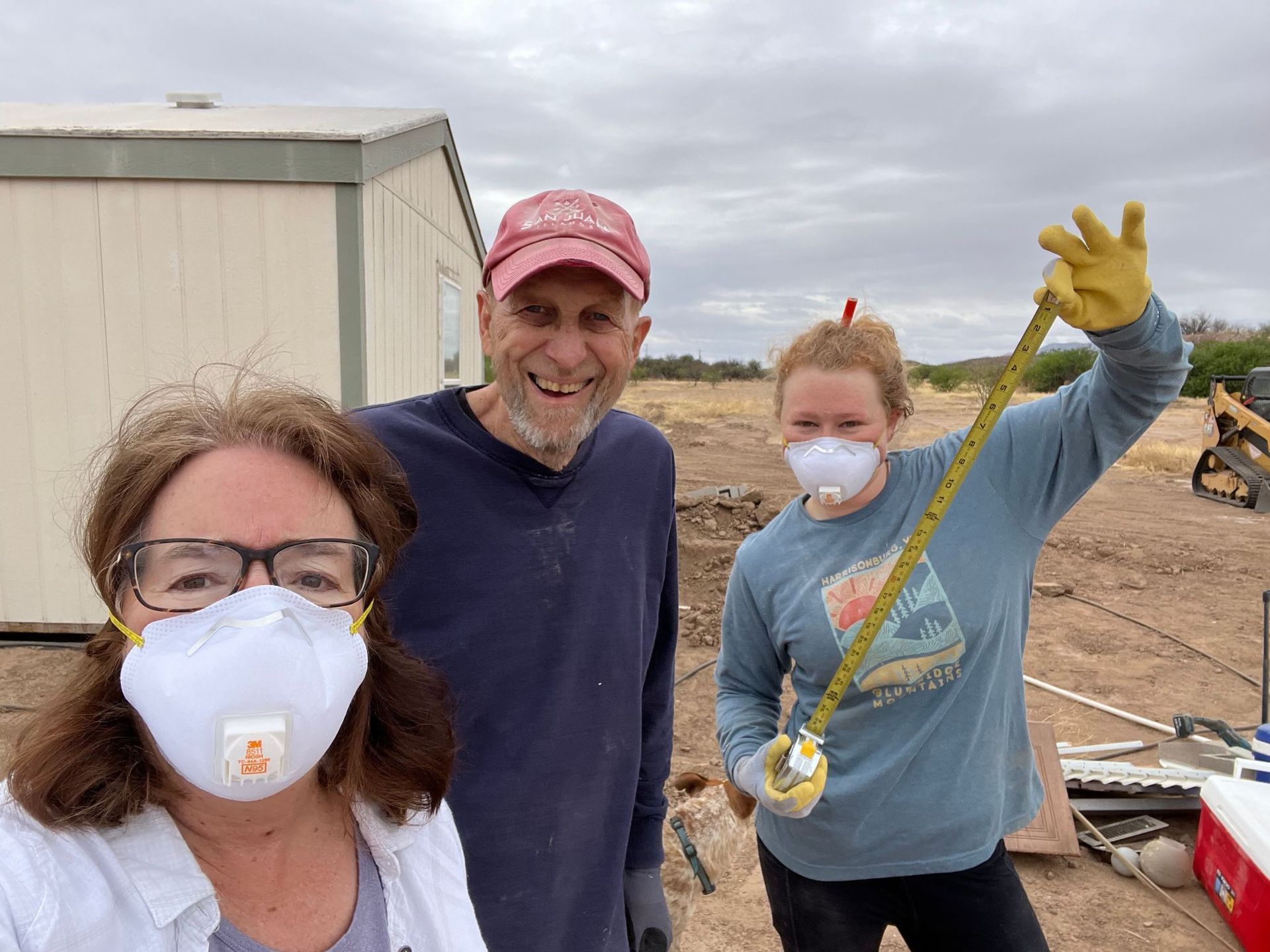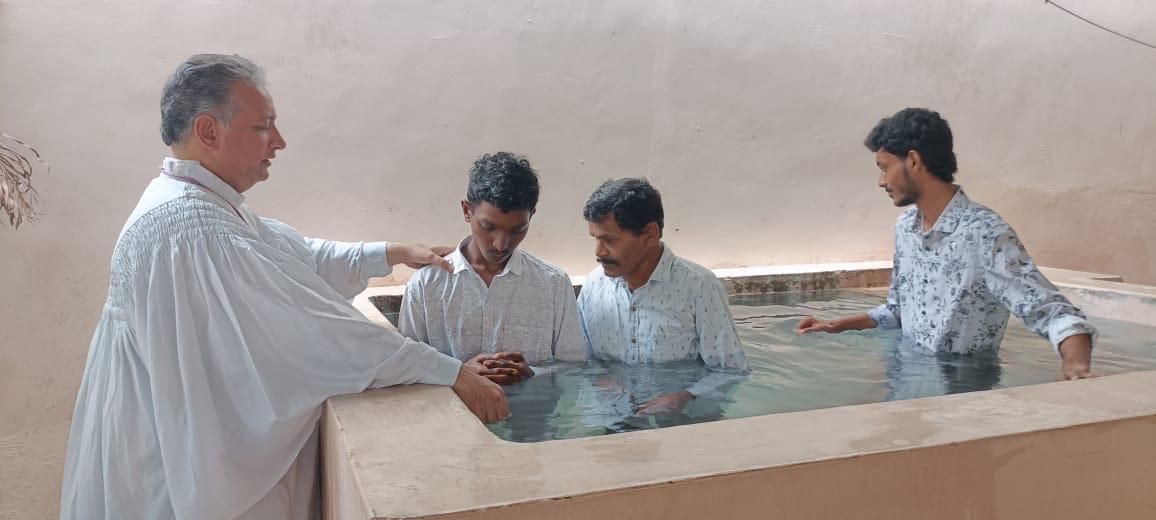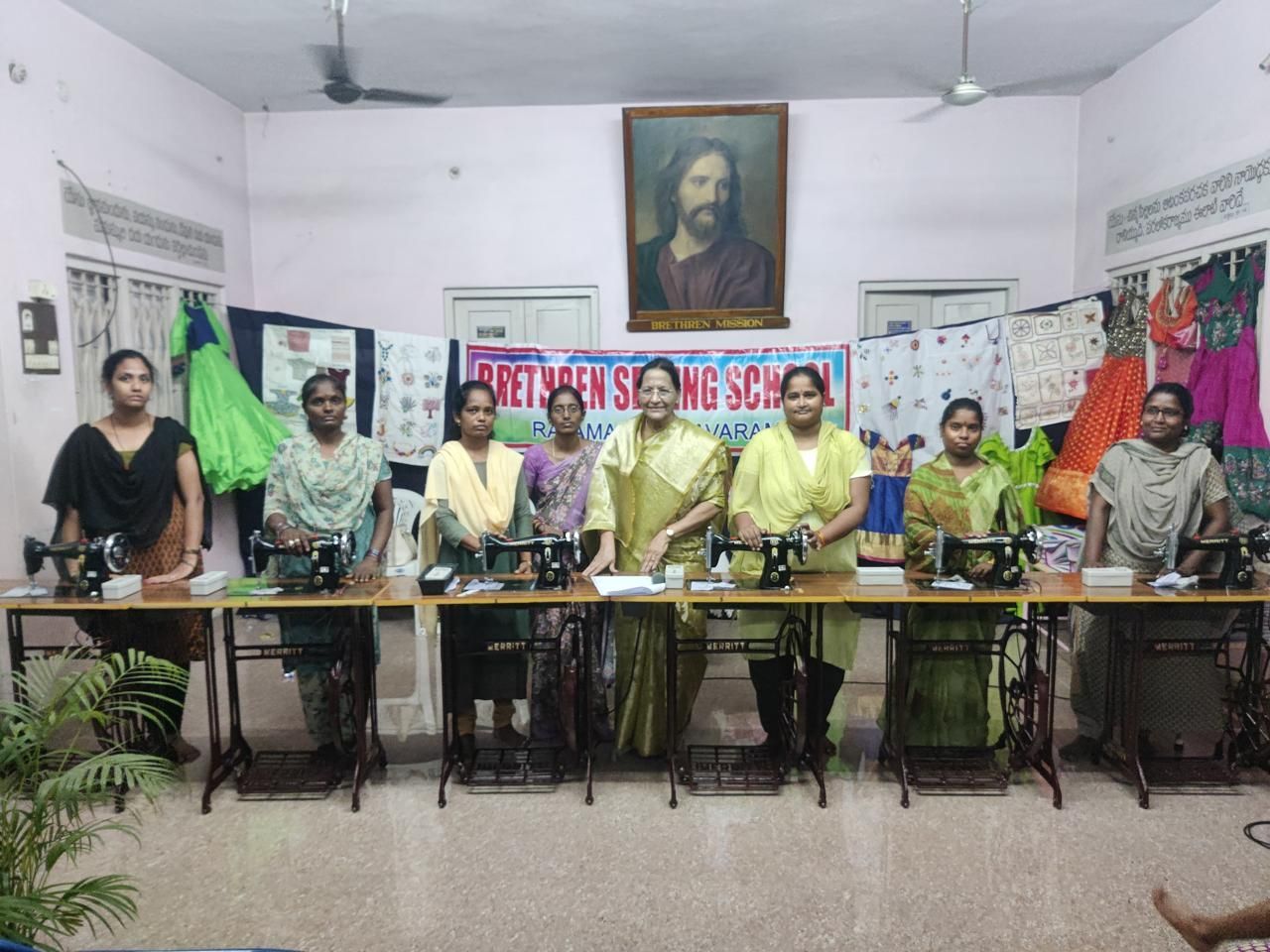Three Huge Mistakes We Make Leading Kids and How to Correct Them
Recently, I read about a father, Paul Wallich, who built a camera-mounted drone helicopter to follow his grade-school-aged son to the bus stop. He wants to make sure his son arrives at the bus stop safe and sound. There’s no doubt the gizmo provides an awesome show-and-tell contribution. In my mind, Paul Wallich gives new meaning to the term “helicopter parent.”
While I applaud the engagement of this generation of parents and teachers, it’s important to recognize the unintended consequences of our engagement. We want the best for our students, but research now shows that our “over-protection, over-connection” style has damaged them. Let me suggest three huge mistakes we’ve made leading this generation of kids and how we must correct them.
1. We Risk Too Little
We live in a world that warns us of danger at every turn. Toxic. High voltage. Flammable. Slippery when wet. Steep curve ahead. Don’t walk. Hazard. This “safety first” preoccupation emerged over thirty years ago with the Tylenol scare and with children’s faces appearing on milk cartons. We became fearful of losing our kids. So we put knee-pads, safety belts and helmets on them…at the dinner table. (Actually I’m just kidding on that one). But, it’s true. We’ve insulated our kids from risk.
Author Gever Tulley suggests, “If you’re over 30, you probably walked to school, played on the monkey bars, and learned to high-dive at the public pool. If you’re younger, it’s unlikely you did any of these things. Yet, has the world become that much more dangerous? Statistically, no. But our society has created pervasive fears about letting kids be independent—and the consequences for our kids are serious.”
Unfortunately, over-protecting our young people has had an adverse effect on them.
“Children of risk-averse parents have lower test scores and are slightly less likely to attend college than offspring of parents with more tolerant attitudes toward risk,” says a team led by Sarah Brown of the University of Sheffield in the UK. Aversion to risk may prevent parents from making inherently uncertain investments in their children’s human capital; it’s also possible that risk attitudes reflect cognitive ability, researchers say.” Sadly, this Scottish Journal of Political Economy report won’t help us unless we do something about it. Adults continue to vote to remove playground equipment from parks so kids won’t have accidents; to request teachers stop using red ink as they grade papers and even cease from using the word “no” in class. It’s all too negative. I’m sorry—but while I understand the intent to protect students, we are failing miserably at preparing them for a world that will not be risk-free.
Psychologists in Europe have discovered that if a child doesn’t play outside and is never allowed to experience a skinned knee or a broken bone, they frequently have phobias as adults. Interviews with young adults who never played on jungle gyms reveal they’re fearful of normal risks and commitment. The truth is, kids need to fall a few times to learn it is normal; teens likely need to break up with a boyfriend or girlfriend to appreciate the emotional maturity that lasting relationships require. Pain is actually a necessary teacher. Consider your body for a moment. If you didn’t feel pain, you could burn yourself or step on a nail and never do something about the damage and infection until it was too late. Pain is a part of health and maturity.
Similarly, taking calculated risks is all a part of growing up. In fact, it plays a huge role. Childhood may be about safety and self-esteem, but as a student matures, risk and achievement are necessities in forming their identity and confidence. Because parents have removed “risk” from children’s lives, psychologists are discovering a syndrome as they counsel teens: High Arrogance, Low Self-Esteem. They’re cocky, but deep down their confidence is hollow, because it’s built off of watching YouTube videos, and perhaps not achieving something meaningful.
According to a study by University College London, risk-taking behavior peeks during adolescence. Teens are apt to take more risks than any other age group. Their brain programs them to do so. It’s part of growing up. They must test boundaries, values and find their identity during these years. This is when they must learn, via experience, the consequences of certain behaviors. Our failure to let them risk may explain why so many young adults, between the ages of 22 and 35 still live at home or haven’t started their careers, or had a serious relationship. Normal risk taking at fourteen or fifteen would have prepared them for such decisions and the risks of moving away from home, launching a career or getting married.
2. We Rescue Too Quickly
This generation of young people has not developed some of the life skills kids did thirty years ago because adults swoop in and take care of problems for them. We remove the need for them to navigate hardships. May I illustrate?
Staff from four universities recently told me they encountered students who had never filled out a form or an application in their life. Desiring to care for their kids, and not disadvantage them, parents or teachers had always done it for them.
One freshman received a C- on her project and immediately called her mother, right in the middle of her class. After interrupting the class discussion with her complaint about her poor grade, she handed the cell phone to her professor and said, “She wants to talk to you.” Evidently, mom wanted to negotiate the grade.
A Harvard Admissions Counselor reported a prospective student looked him in the eye and answered every question he was asked. The counselor felt the boy’s mother must have coached him on eye-contact because he tended to look down after each response. Later, the counselor learned the boy’s mom was texting him the answers every time a question came in.
A college president said a mother of one of his students called him, saying she’d seen that the weather would be cold that day and wondered if he would make sure her son was wearing his sweater as he went to class. She wasn’t joking.
This may sound harsh, but rescuing and over-indulging our children is one of the most insidious forms of child abuse. It’s “parenting for the short-term” and it sorely misses the point of leadership—to equip our young people to do it without help. Just like muscles atrophy inside of a cast due to disuse, their social, emotional, spiritual and intellectual muscles can shrink because they’re not exercised. For example, I remember when and where I learned the art of conflict resolution. I was eleven years old, and everyday about fifteen boys would gather after school to play baseball. We would choose sides and umpire our games. Through that consistent exercise, I learned to resolve conflict. I had to. Today, if the kids are outside at all, there are likely four mothers present doing the conflict resolution for them.
The fact is, as students experience adults doing so much for them, they like it at first. Who wouldn’t? They learn to play parents against each other, they learn to negotiate with faculty for more time, lenient rules, extra credit and easier grades. This actually confirms that these kids are not stupid. They learn to play the game. Sooner or later, they know “someone will rescue me.” If I fail or “act out,” an adult will smooth things over and remove any consequences for my misconduct. Once again, this isn’t even remotely close to how the world works. It actually disables our kids.
3. We Rave Too Easily
The self-esteem movement has been around since Baby Boomers were kids, but it took root in our school systems in the 1980s. We determined every kid would feel special, regardless of what they did, which meant they began hearing remarks like:
“You’re awesome!”
“You’re smart.”
“You’re gifted.”
“You’re super!”
Attend a little league awards ceremony and you soon learn: everyone’s a winner. Everyone gets a trophy. They all get ribbons. We meant well—but research is now indicating this method has unintended consequences. Dr. Carol Dweck wrote a landmark book called, Mindset. In it she reports findings about the adverse affects of praise. She tells of two groups of fifth grade students who took a test. Afterward, one group was told, “You must be smart.” The other group was told, “You must have worked hard.” When a second test was offered to the students, they were told that it would be harder and that they didn’t have to take it. Ninety percent of the kids who heard “you must be smart” opted not to take it. Why? They feared proving that the affirmation may be false. Of the second group, most of the kids chose to take the test, and while they didn’t do well, Dweck’s researchers heard them whispering under their breath, “This is my favorite test.” They loved the challenge. Finally, a third test was given, equally as hard as the first one. The result? The first group of students who were told they were smart, did worse. The second group did 30% better. Dweck concludes that our affirmation of kids must target factors in their control. When we say “you must have worked hard,” we are praising effort, which they have full control over. It tends to elicit more effort. When we praise smarts, it may provide a little confidence at first but ultimately causes a child to work less. They say to themselves, “If it doesn’t come easy, I don’t want to do it.”
What’s more, kids eventually observe that “mom” is the only one who thinks they’re “awesome.” No one else is saying it. They begin to doubt the objectivity of their own mother; it feels good in the moment, but it’s not connected to reality.
Further, Dr. Robert Cloninger, at Washington University in St. Louis has done brain research on the prefrontal cortex, which monitors the reward center of the brain. He says the brain has to learn that frustrating spells can be worked through. The reward center of our brains learns to say: Don’t give up. Don’t stop trying. “A person who grows up getting too frequent rewards,” Cloninger says, “will not have persistence, because they’ll quit when the rewards disappear.”
When we rave too easily, kids eventually learn to cheat, to exaggerate and lie and to avoid difficult reality. They have not been conditioned to face it. A helpful metaphor when considering this challenge is: inoculation. When you get inoculated, a nurse injects a vaccine, which actually exposes you to a dose of the very disease your body must learn to overcome. It’s a good thing. Only then do we develop an immunity to it. Similarly, our kids must be inoculated with doses of hardship, delay, challenges and inconvenience to build the strength to stand in them.
Eight Steps Toward Healthy Leadership
Obviously, negative risk taking should be discouraged, such as smoking, alcohol, illegal drugs, etc. In addition, there will be times our young people do need our help, or affirmation. But—healthy teens are going to want to spread their wings. They’ll need to try things on their own. And we, the adults, must let them. Here are some simple ideas you can employ as you navigate these waters:
- Help them take calculated risks. Talk it over with them, but let them do it. Your primary job is to prepare your child for how the world really works.
- Discuss how they must learn to make choices. They must prepare to both win and lose, not get all they want and to face the consequences of their decisions.
- Share your own “risky” experiences from your teen years. Interpret them. Because we’re not the only influence on these kids, we must be the best influence.
- Instead of tangible rewards, how about spending some time together? Be careful you aren’t teaching them that emotions can be healed by a trip to the mall.
- Choose a positive risk taking option and launch kids into it (i.e. sports, jobs, etc). It may take a push but get them used to trying out new opportunities.
- Don’t let your guilt get in the way of leading well. Your job is not to make yourself feel good by giving kids what makes them or you feel better when you give it.
- Don’t reward basics that life requires. If your relationship is based on material rewards, kids will experience neither intrinsic motivation nor unconditional love.
- Affirm smart risk-taking and hard work wisely. Help them see the advantage of both of these, and that stepping out a comfort zone usually pays off.
Bottom line? Your child does not have to love you every minute. He’ll get over the disappointment of failure but he won’t get over the effects of being spoiled. So let them fail, let them fall, and let them fight for what they really value. If we treat our kids as fragile, they will surely grow up to be fragile adults. We must prepare them for the world that awaits them. Our world needs resilient adults not fragile ones.
This article written by: Dr. Tim Elmore.
